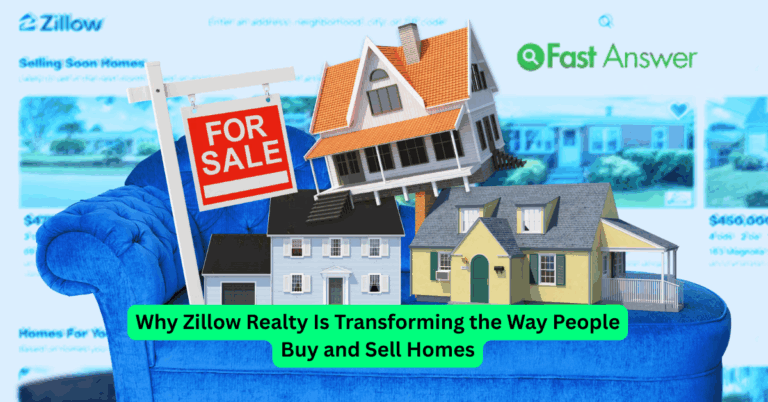Unlocking Opportunity: Why “Business Property for Sale” Matters More Than Ever
If you’ve ever dreamed of launching your own venture or expanding your operations, finding the right business property for sale is more than a transaction it’s a strategic decision. Whether you’re an entrepreneur searching for your first storefront, a growing enterprise in need of office space, or an investor eyeing commercial real estate for passive income, understanding the dynamics of acquiring business property is crucial. This guide is crafted for buyers who want to seize commercial opportunities with clarity, confidence, and competitive advantage.
Ready to Launch or Expand? Here’s How to Find the Ideal Business Property
Locating business property isn’t just about square footage or price it’s about location, zoning, foot traffic, and your long-term vision. The most successful buyers start by identifying their operational needs: do you need customer-facing visibility, warehouse accessibility, or conference-ready layouts? From there, they leverage platforms that list verified commercial real estate for sale, explore up-and-coming areas, and analyze comps in their industry. The key is to balance ambition with practicality, ensuring the space supports both current and future business goals.
What to Look for Before You Buy Commercial Real Estate
Before you make any offers, dive deep into due diligence. This includes inspecting structural integrity, utility readiness, and potential code compliance issues. More importantly, review zoning laws to ensure the property matches your business use this step alone can make or break your investment. Consider the visibility, parking options, and neighborhood trends. Is this a growth zone attracting other businesses? Will the space remain viable in five or ten years? Smart buyers think beyond the surface and see long-term upside.
Buying vs. Leasing: Which Strategy Aligns With Your Business Goals?
Many entrepreneurs wrestle with this question: should I buy or lease a business property? Purchasing offers equity growth, tax benefits, and stability but also requires higher upfront costs and long-term commitment. Leasing, meanwhile, provides flexibility and lower entry costs, but limits your control and return on investment. If you’re committed to a region, want to build custom layouts, or plan to rent to other tenants, buying is often the superior choice. Evaluate your capital, scalability, and industry lifecycle before deciding.
How to Finance a Business Property Without Slowing Down Your Growth
Securing the right financing for a business property for sale is a balancing act between favorable rates and operational agility. Traditional commercial loans, SBA 504 loans, bridge loans, and even seller-financing options are available. Lenders will look at your business plan, creditworthiness, and property appraisal to determine eligibility. Before signing anything, compare lending terms and ask about prepayment penalties, balloon payments, and required down payments. Work with a financial advisor to ensure your loan supports growth not stress.
Why Now Is a Smart Time to Explore Commercial Property Listings
With digital marketplaces booming and flexible work models changing property demand, this is a unique moment to find hidden gems in the commercial space. Many investors are diversifying into retail storefronts, flex-space, and multi-use properties that previously weren’t on their radar. Additionally, AI-driven property platforms and MLS integrations now provide faster access to verified listings, price history, and zoning data making your search for “business property for sale near me” more informed and streamlined than ever.
FAQs
What qualifies as business property?
Business property typically refers to commercial real estate used for business operations, including offices, retail, industrial, and mixed-use spaces.
How much down payment is needed for a commercial property?
It varies, but most lenders require 10%–30% down, depending on loan type, credit score, and property valuation.
Can I live in a business property?
Not unless it’s a mixed-use building zoned for both residential and commercial use. Always verify zoning regulations first.
Is it better to buy in a city or suburb?
It depends on your audience. Urban spaces offer high visibility and traffic; suburbs offer more space and potentially lower costs.
What does triple net (NNN) mean in a commercial property?
Triple net leases require tenants to pay property taxes, insurance, and maintenance, reducing expenses for property owners.


